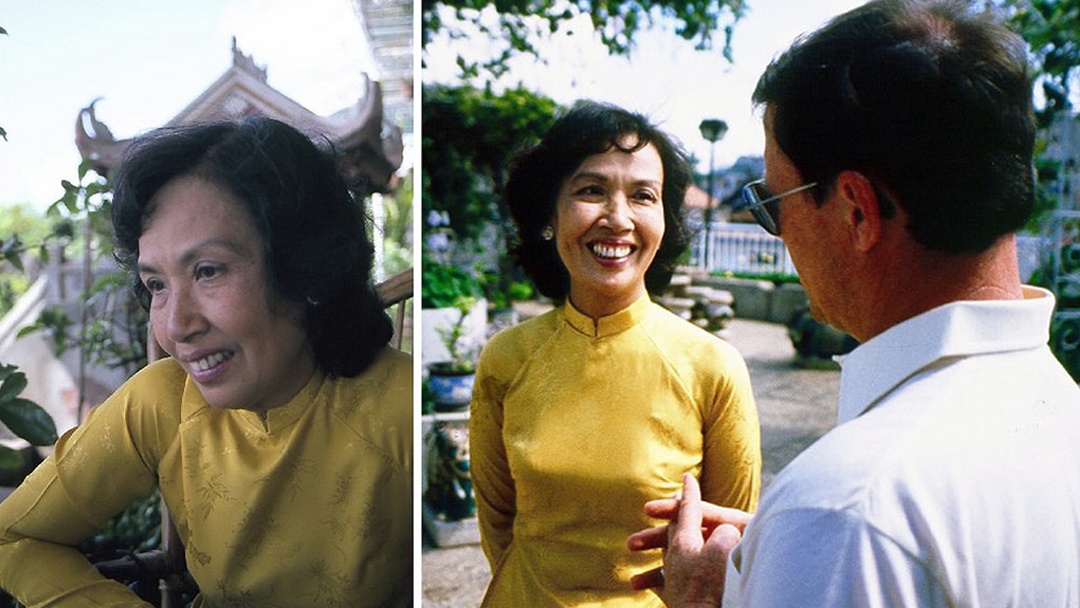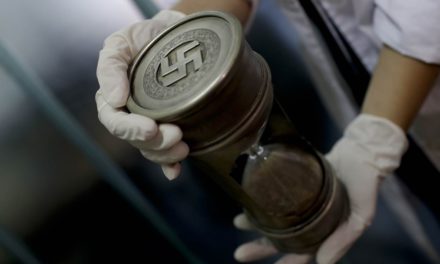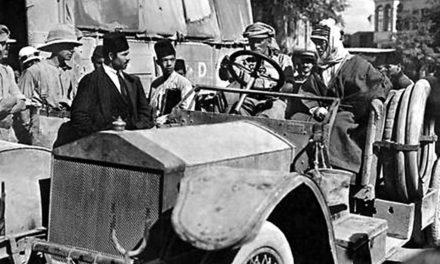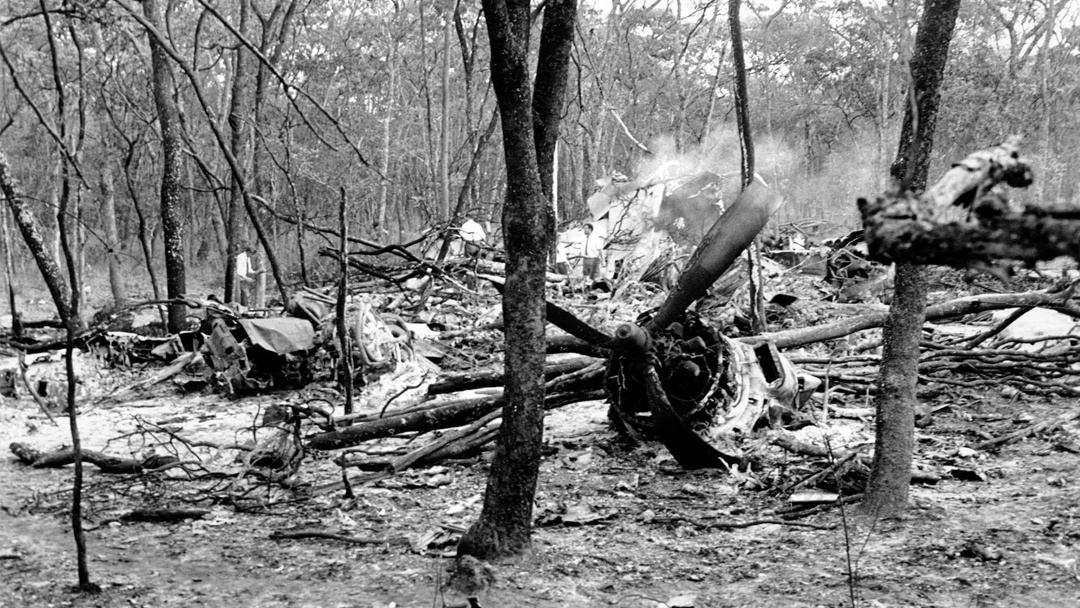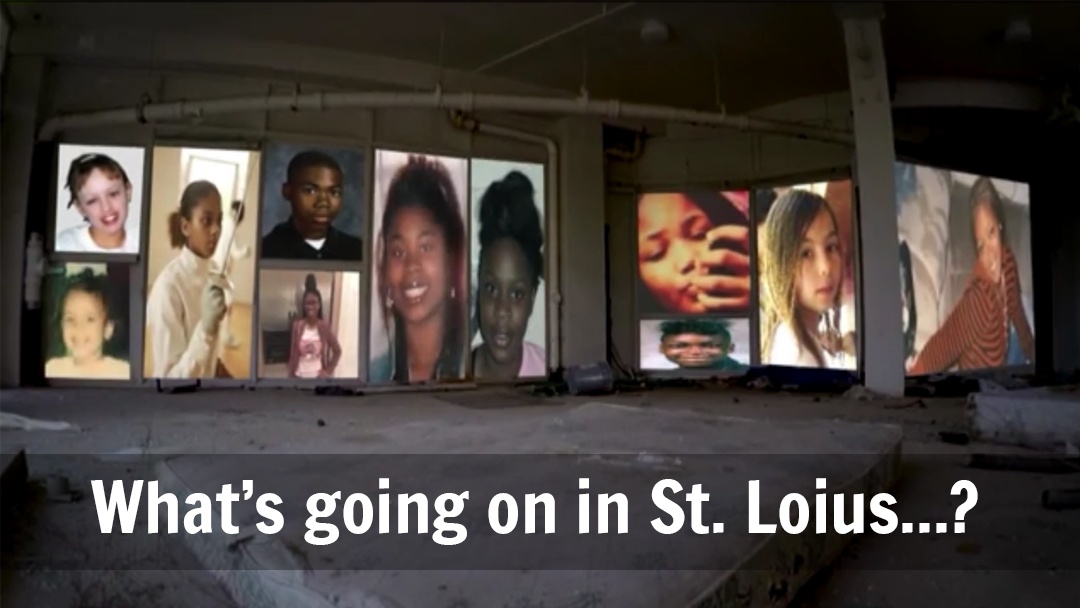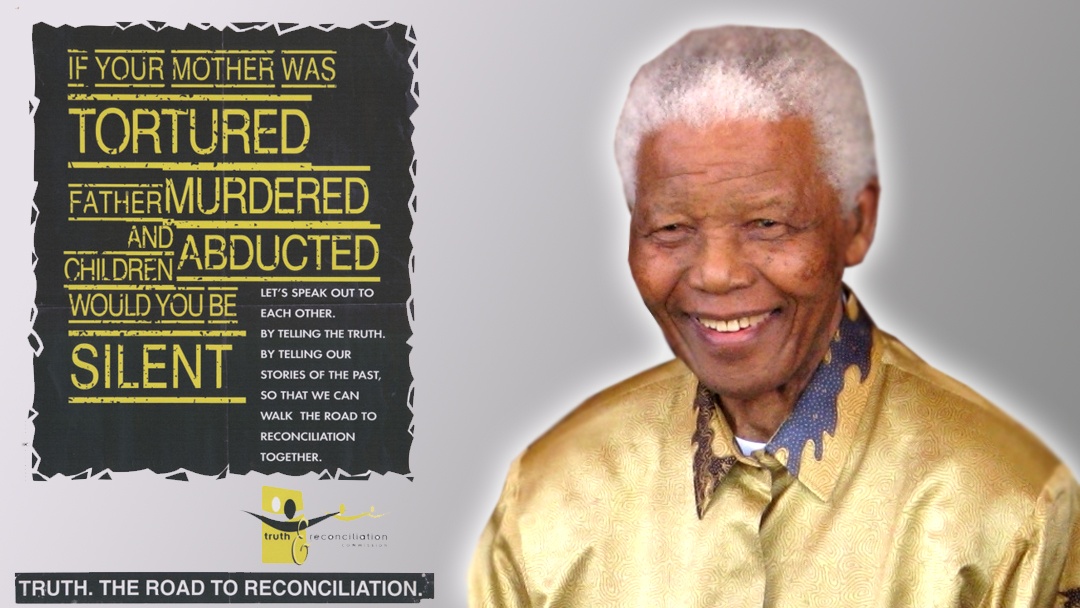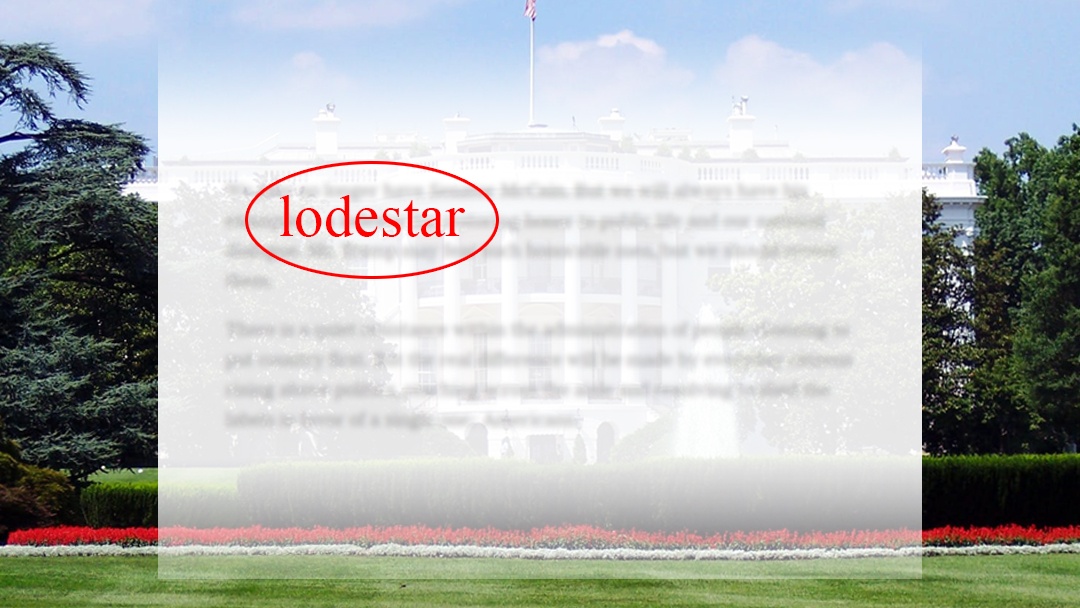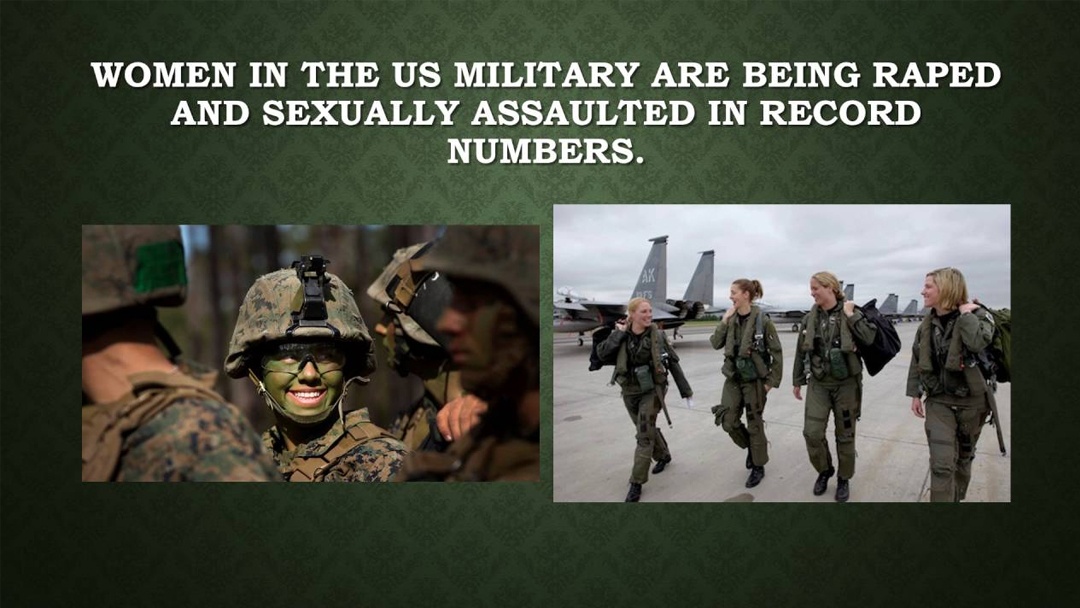Propaganda, that’s what we call it, that’s what we remember. But so many questions are left unanswered whenever propagandists offer us their alternative version of the facts.
The NY Times offered an article a few months ago under the title “The Mystery of Hanoi Hannah.” She was the Tokyo Rose of her war, always telling the opposing troops on the radio how they’d been duped, how they really worked for evil, how they were really losing the war.
The story’s absorbing, but many elements of human mystery left unexplored.
Meeting and interviewing Hanoi Hannah was, for me, like being Dorothy parting the curtains hiding the Wizard of Oz. The terrible Hannah behind the facade that we constructed, turned out to be a mild-mannered announcer who spoke English and read the Stars and Stripes.
That excerpt hints at so many issues that we might wish to drill deeper into.
Among them:
- How did Hanoi Hannah become the mouthpiece of the North when her father had been a leading capitalist in Vietnam? Was there any disconnect there?
- Was she aware of, and if so bothered by, any atrocities committed by her side in the war? Or was she just a mouthpiece, reading like a robot? What’s the psychology of that?
- How did internal politics allow her to wed a “Southerner” at the end of the war?
- Her only son “escaped” in 1973. Escaped what, if his mother stood for the righteous and winning cause in the war?
- The superficial facts about Hanoi Hannah have only whet our appetite.
